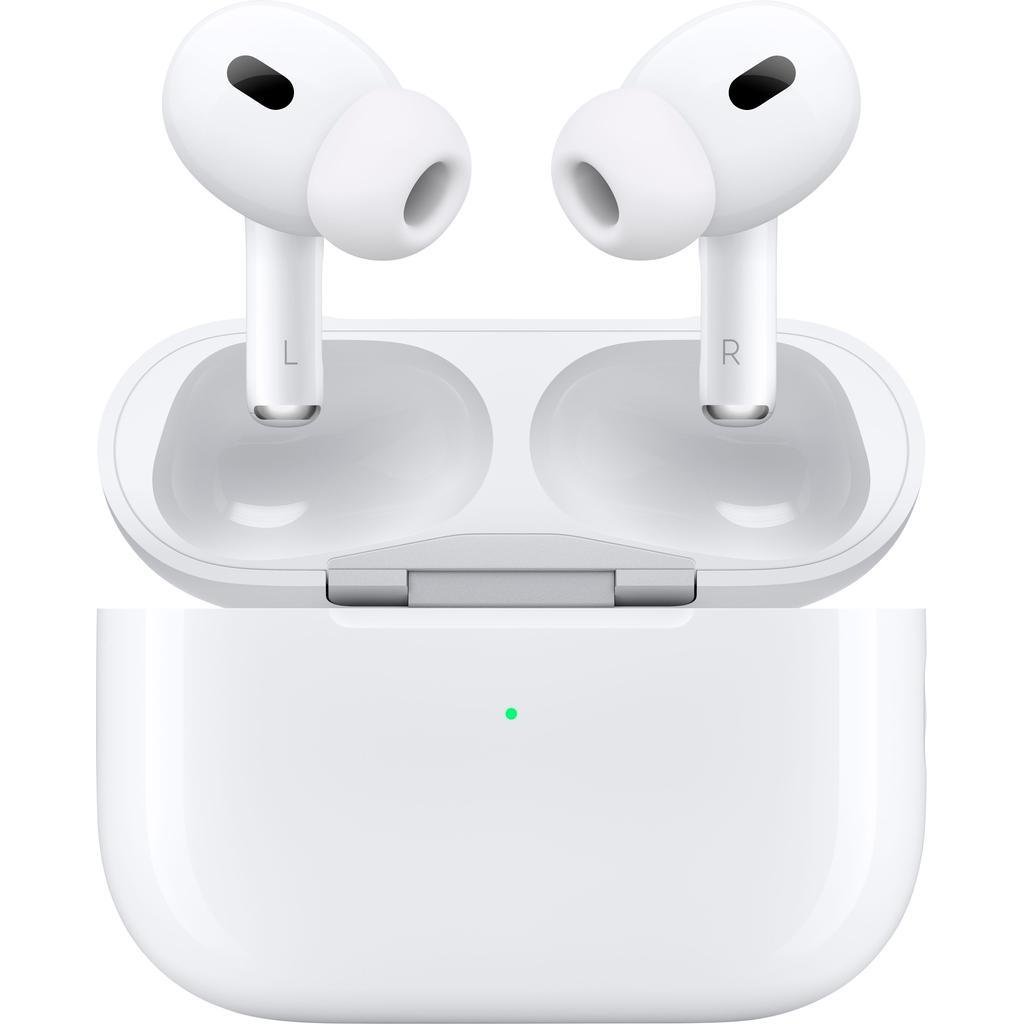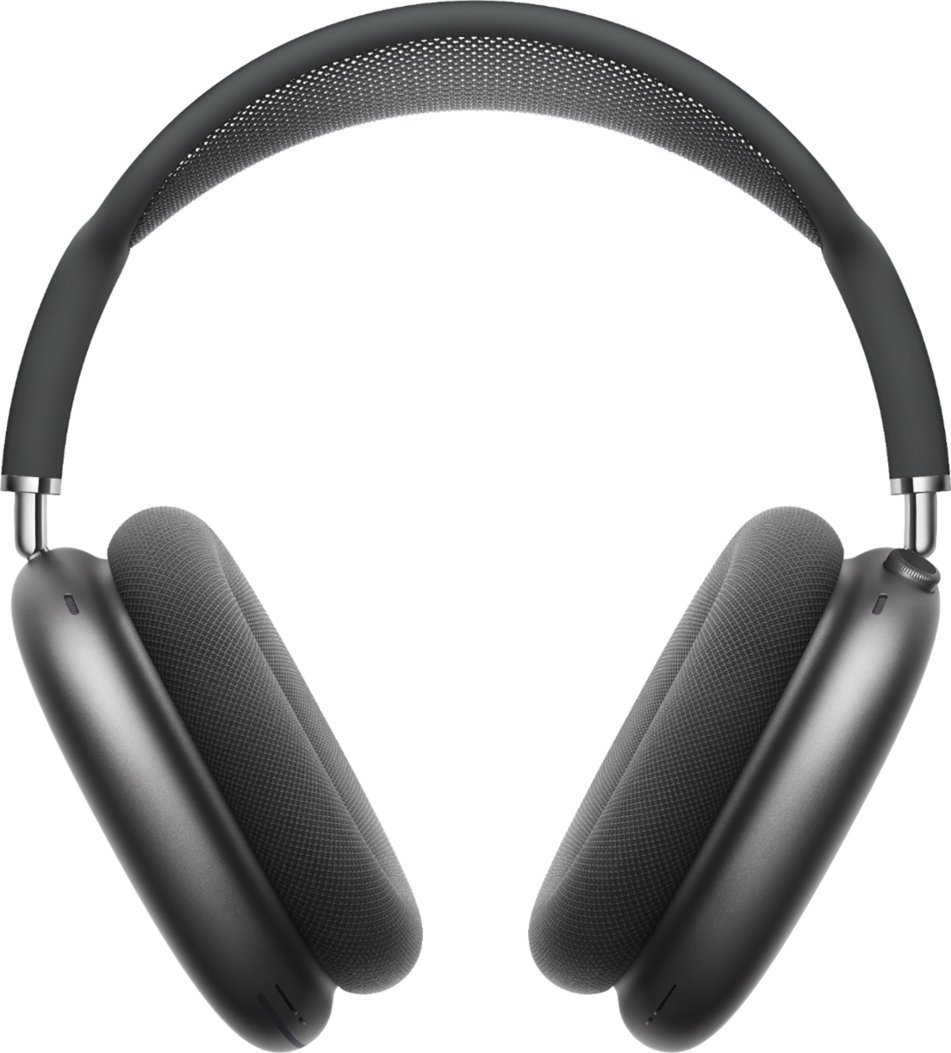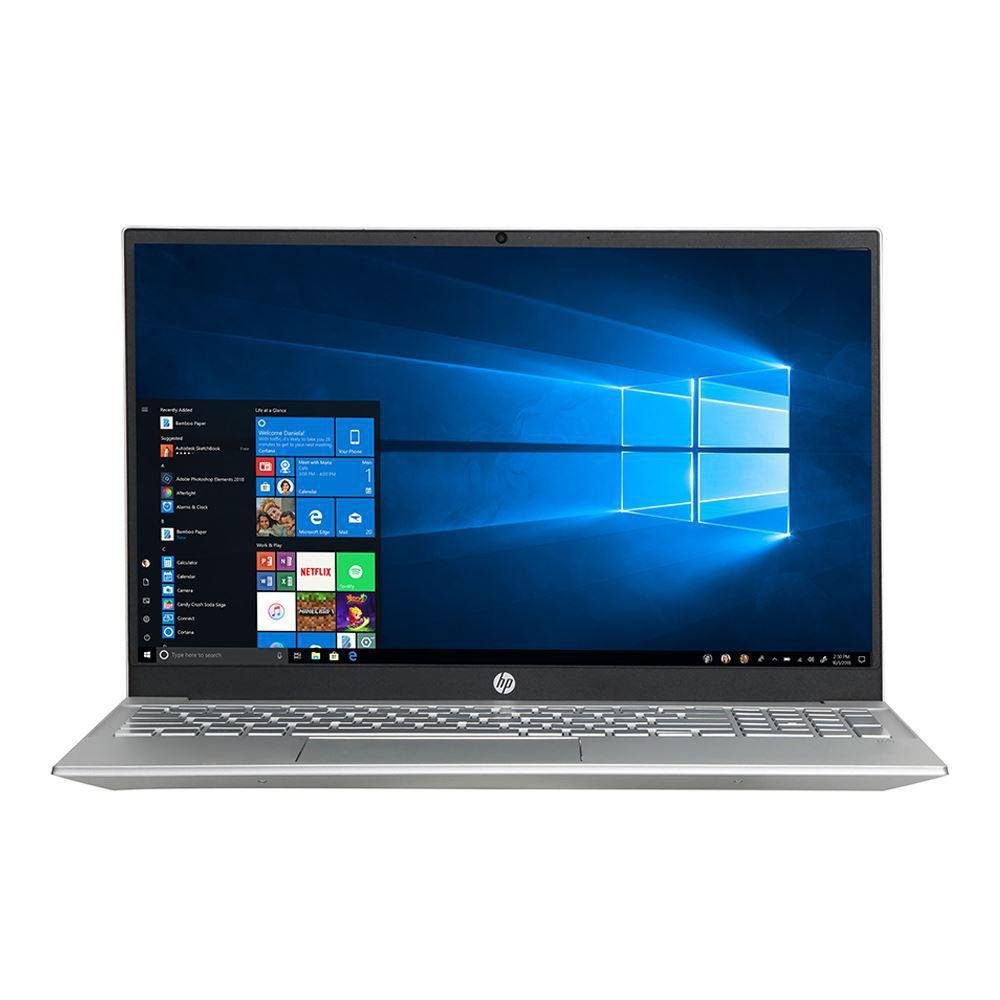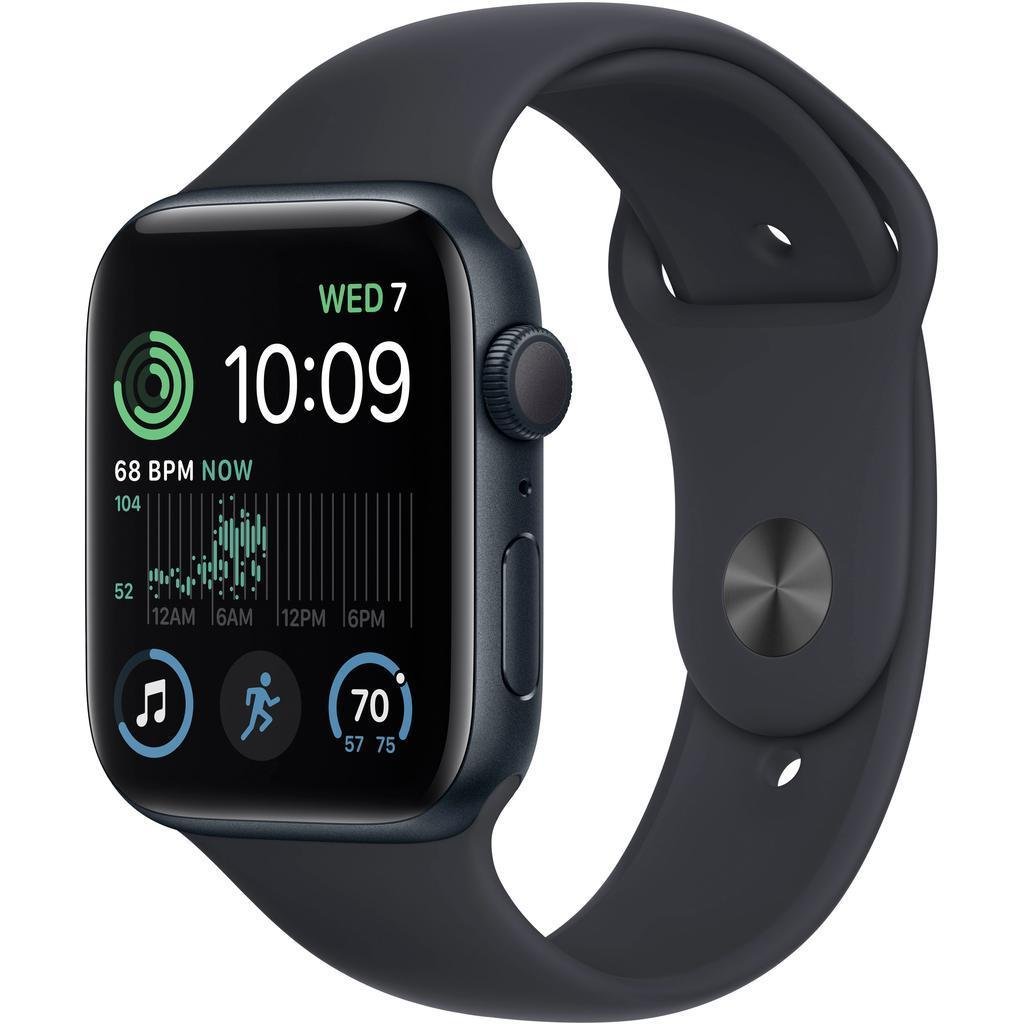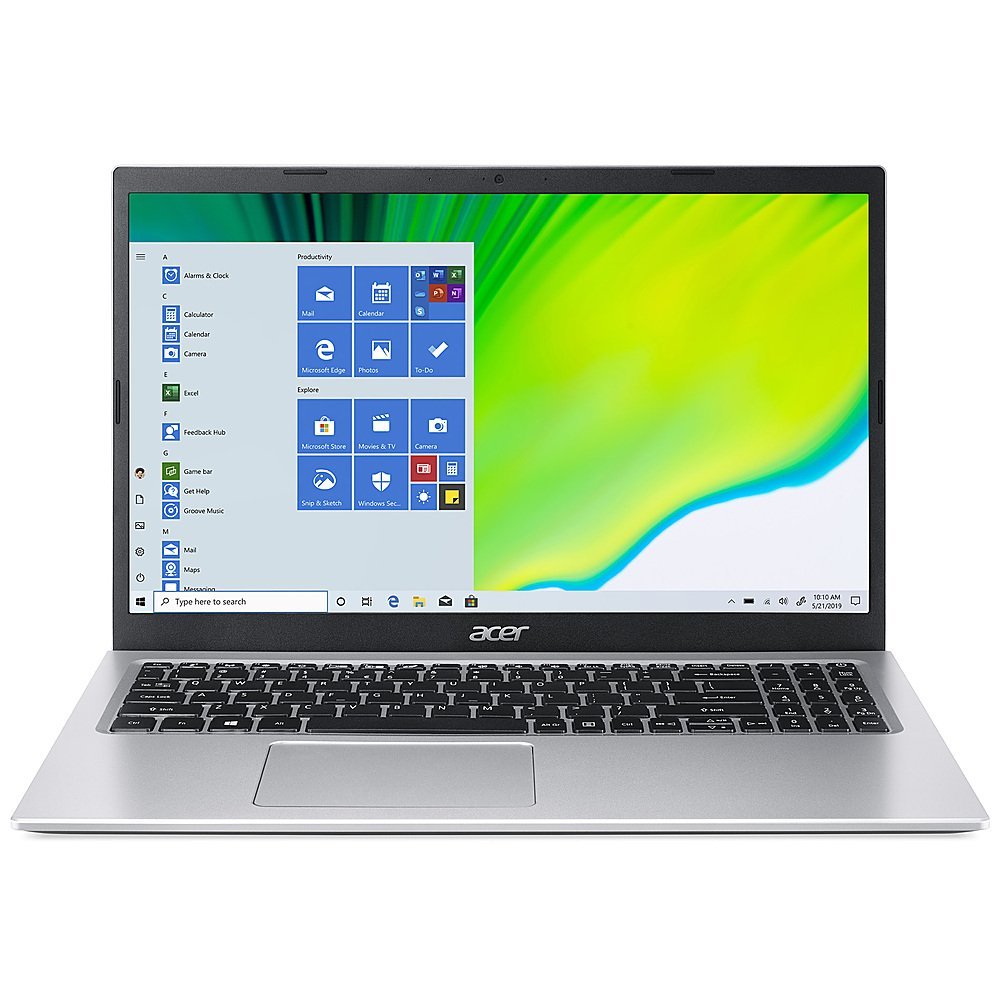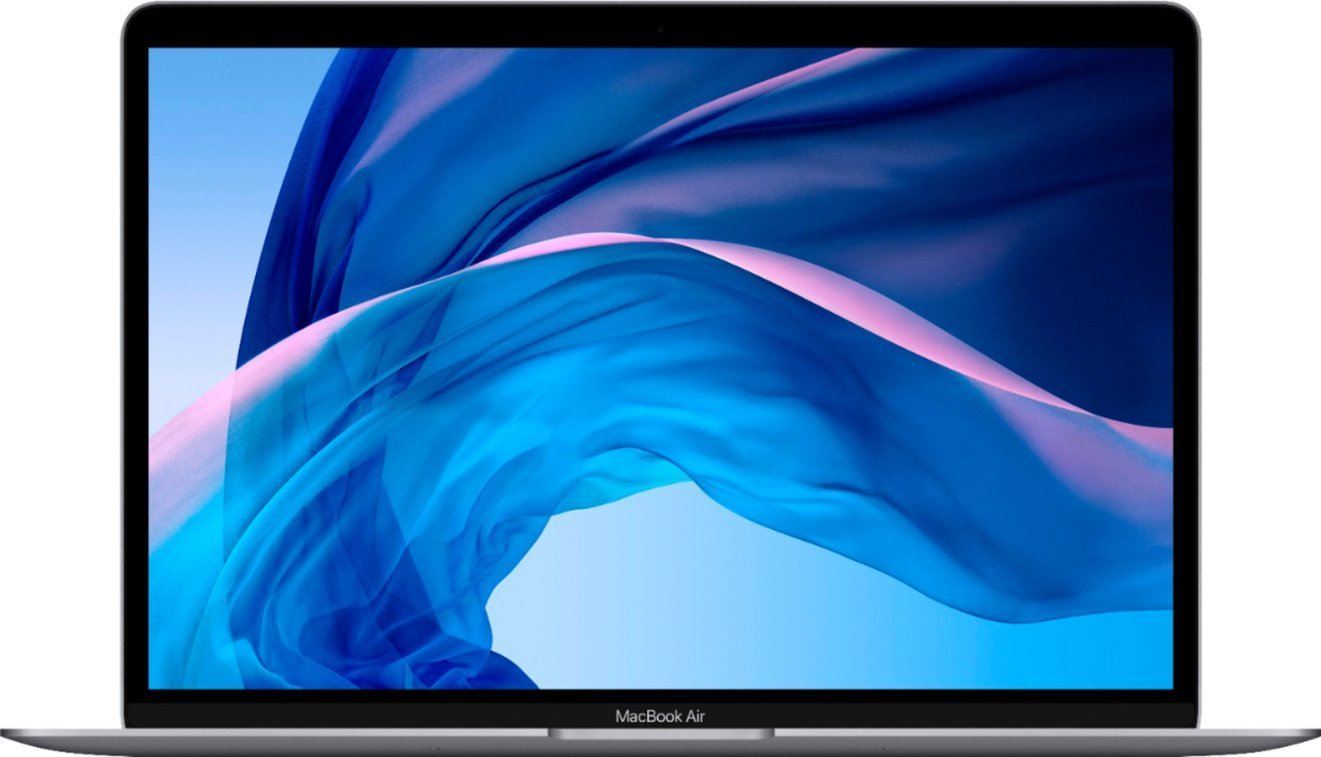An Expert Shares Tips To Shop For A Refurbished Laptop & Other Electronics

Share This Article
Not sure about buying a refurbished laptop? Sue Krautbaue, a senior director at the nonprofit Digitunity works with refurbished laptops all day. In this article, she shares her tips for buying used and answers common questions and concerns.
| All products featured on The Wellness Feed are independently selected by our editors for their environmental and ethical impact. However, when you buy something through our retail links, we may earn an affiliate commission. |
Vintage furniture, second-hand clothing, a refurbished laptop. Over the last few years, the stigma of buying used has been lifted and what’s old is quickly becoming what’s new. A vintage or second-hand dress can be a one-of-a-kind find for a special event. A refurbished laptop can mean a great price on last year’s model that is just as good as today’s. And buying any pre-loved item is a good way to avoid landfill waste.
When it comes to electronics, we have an incentive to prevent landfill waste ( dubbed e-waste). Globally, an estimated 52.6 million tons of e-waste are generated yearly with lead and mercury being two of the most common substances released into the environment. With drops for new products being produced at a fast-fashion pace that leaves ‘old’ items in the trash bin, e-waste has become the fastest growing solid waste stream in the world and one of the most toxic due to plastic coatings stripping, open burning, acid leaching, and contamination of local soil and water resources. Organizations such as the World Health Organization (WHO) are responding to these threats by promoting educational resources about the adverse health impacts of e-waste, responsible disposal of electronics, and ways to prevent the risks of exposure.
As consumers, we can help prevent e-waste by taking care of the items we buy to ensure they’ll last, properly recycling items instead of putting them into the trash, and buying a refurbished laptop, headphones, or other electronic devices.
While shopping for a vintage dress or accent chair is purely about aesthetics, buying a refurbished laptop or headphones is more nuanced. There are questions you need to ask to ensure you’re buying an item that is functioning, safe, and will last several years. Sue Krautbaue shares her insights about shopping for a used electronic device and the questions we should all ask. As the Senior Director of Strategy and Development at Digitunity, a nonprofit helping those in need gain access to computers and other electronics, she has seen electronics from new to old and refurbished. Digitunity has an in-house electronic donation and refurbishing programs, so Sue has a good eye for scoping out how to choose, shop, and care for a refurbished laptop.
What questions should buyers ask when shopping for a secondhand laptop?
Has the laptop gone through a certification process? Reputable manufacturers and retailers offer certified refurbished programs for used laptops, ensuring these devices undergo thorough testing, refurbishment, and certification processes to meet high-quality standards. Laptops from these certified programs provide greater assurance of reliability and performance compared to simply used or uncertified refurbished laptops.
What warranty, return policy, and after-sales support does the seller offer?
What is your intended use case for the laptop? Similar to purchasing a new device, understanding how you plan to use the laptop can significantly impact your decision on the type of refurbished device and hardware features available that you’ll need. Not all situations require heavy computing power or beefy data storage, and understanding what you are planning to use the laptop for can significantly impact the price you may need to pay for the right unit.
- General Computing Purposes: If you need a laptop for entertainment, email, and general internet use, basic features including Wi-Fi capability should be sufficient.
- College-Level Classwork: If you require a laptop for college-level classwork, look for a device with higher memory and storage capacity to handle heavier word processing and online virtual meetings/classwork.
- Complex Tasks: For tasks such as coding, AI, graphic/video/music design, or gaming, you will need a laptop with high processing power, substantial memory, and a good graphics card.
- Assistive Devices: If you need assistive technology for disabilities, ensure the laptop is compatible with necessary assistive devices and software.
Can second-hand electronics last as long as new electronics?
A refurbished device is often a unit that originated from a company, school, or government, where it has been routinely maintained by the original organization. This regular maintenance and consistent usage patterns contribute to the longevity and reliability of these devices. Typically three to five years old, a fully refurbished device has been thoroughly tested, repaired, and certified, ensuring it can be as reliable as a new one if it has been well maintained.
Refurbished laptops are usually offered for purchase through a major manufacturer, mainstream retail brand, or professional IT services company. This contrasts with purchasing a secondhand computer from online marketplaces, which often have not been fully refurbished or tested and can vary widely in condition. While refurbished laptops generally last around 3-5 years due to technological advancements and evolving software requirements, secondhand laptops may have a shorter lifespan due to unknown quality.
What are the downsides of buying a used electronic item?
The downsides of buying a used electronic item include limited availability, as it can be harder to find specific models or configurations, especially with the latest technology. There may also be a lack of customization options compared to new devices, particularly regarding hardware upgrades or adding specific features. Additionally, there is a risk of hardware failure due to aging components, and when repairs are needed, parts may no longer be available. Reputable manufacturers mitigate these risks with rigorous testing and quality warranty programs.
What are the positives of buying a used electronic item?
Buying a used electronic item has its advantages, such as a lower cost, since refurbished computers are usually less expensive than new ones, even with similar warranties. Refurbished computers of business grade are often more powerful and durable than refurbished computers of consumer-grade. In addition to providing a cost-effective alternative to non-refurbished used devices, professionally refurbished computers offer excellent performance, having been tested and restored to good working order, and in some cases, a ‘like-new’ condition. As an added benefit, purchasing refurbished electronics reduces the amount of electronic waste, thereby minimizing the environmental impact.
What should buyers look for to ensure they’re buying quality secondhand items?
To ensure quality secondhand items, look for:
- Reputable Sources: Purchase from reputable sellers or certified refurbishers who have a track record of providing reliable products.
- Refurbishment and Testing: Ensure the items have undergone thorough testing and refurbishment processes to restore them to good working condition.
- Warranty and Return Policy: Check that the seller offers a warranty and has a clear return policy. These provide a safety net in case issues arise after purchase.
- Reviews and Ratings: Read customer reviews and ratings to gauge other buyers’ experiences with the seller and the product.
- Detailed Descriptions: Look for detailed product descriptions that outline any repairs made, the item’s condition, and any potential defects.


